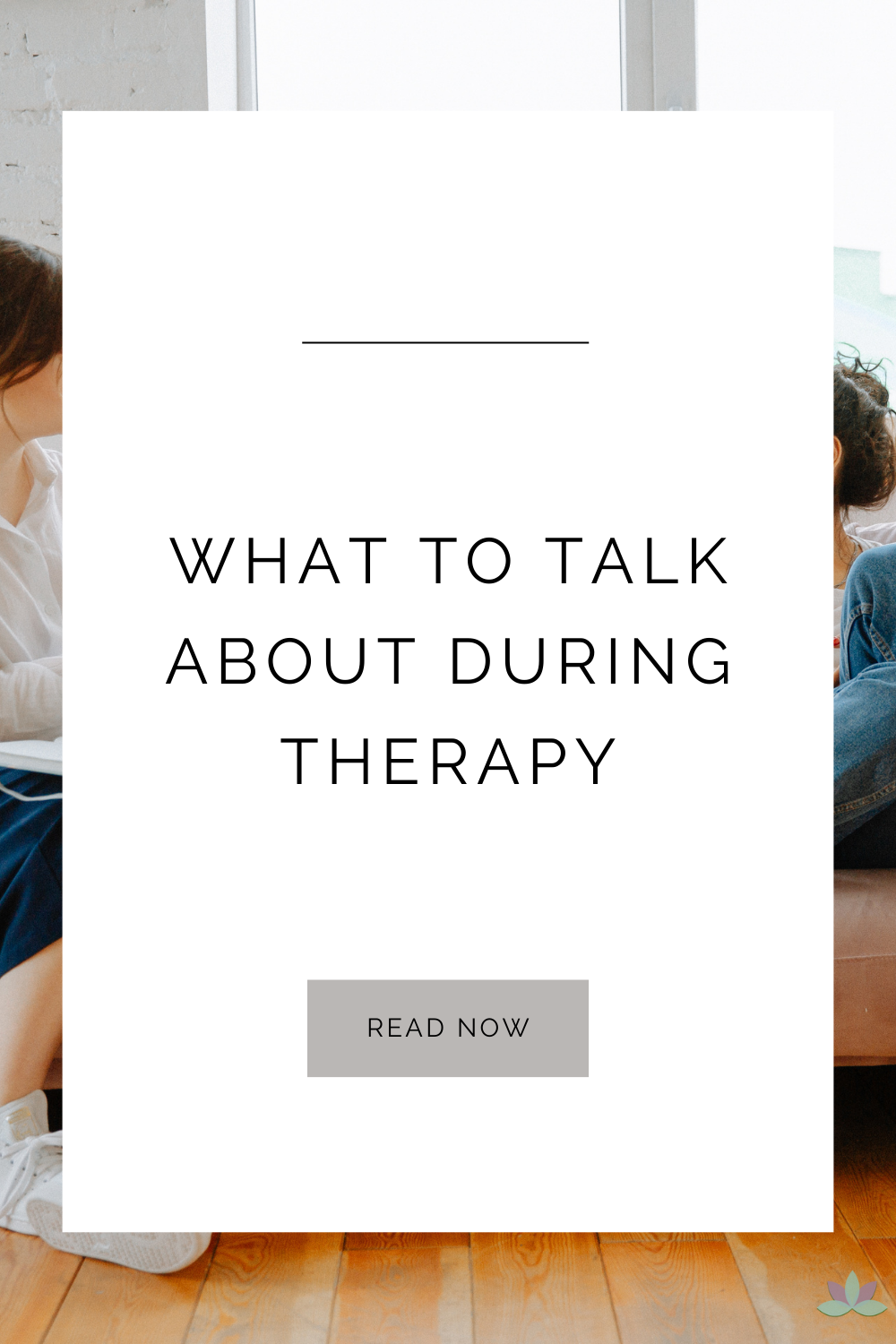
Therapy is a valuable tool for anyone who wants to improve their mental and emotional well-being. It provides a safe and confidential space to discuss any concerns, thoughts, or feelings that may be impacting your mental health. But, for many people, the idea of attending therapy can feel intimidating, especially if it’s their first time. One of the most common questions people have is what to talk about during therapy.
The truth is, there is no right or wrong topic to discuss during therapy. The goal of therapy is to provide a supportive and non-judgmental space for you to explore your thoughts and feelings.
The Present Moment
One of the most common topics discussed in therapy is the present moment. This involves discussing what is currently going on in your life, your thoughts and feelings, and any challenges you’re currently facing. By doing so, you’ll be able to gain a better understanding of your current situation and develop coping strategies to help you manage any difficulties you may be facing.
For example, if you’re experiencing stress at work, discussing this with your therapist can help you identify the underlying causes of your stress and develop strategies to manage it better. Alternatively, if you’re struggling with anxiety, discussing your symptoms with your therapist can help you develop coping mechanisms to manage your anxiety more effectively.
Relationships
Relationships are an integral part of our lives, and they can have a significant impact on our mental health. During therapy, it’s essential to discuss any relationship issues you may be facing, whether it’s with a romantic partner, family member, or friend. Talking about these issues can help you gain a better understanding of your relationship patterns and work towards developing healthier relationships.
For example, if you’re having difficulty communicating with your partner, discussing this with your therapist can help you identify any underlying issues that may be causing the communication breakdown. Your therapist can then help you develop strategies to improve your communication skills and work towards building a healthier relationship.
Self-Reflection
Self-reflection is a crucial aspect of therapy. It involves exploring your thoughts, feelings, and behaviors to gain a better understanding of yourself. Self-reflection can help you identify any negative patterns of thinking or behavior that may be impacting your mental health negatively. By doing so, you can work towards developing healthier habits and thought processes.
For example, if you’re struggling with low self-esteem, discussing this with your therapist can help you identify the underlying causes of your low self-esteem and develop strategies to improve your self-worth.
Therapy is a safe space to discuss any topic that is impacting your mental health. Whether it’s the present moment, relationships, or self-reflection, discussing these topics with a therapist can help you gain a better understanding of yourself and develop coping strategies to help you manage any difficulties you may be facing. Remember, therapy is a process, and it’s okay to take your time to explore what you want to talk about.
If you’re considering therapy but are unsure about what to expect or what to talk about, don’t hesitate to reach out to a therapist to discuss your concerns. They can provide you with further guidance and support as you embark on your mental health journey.




